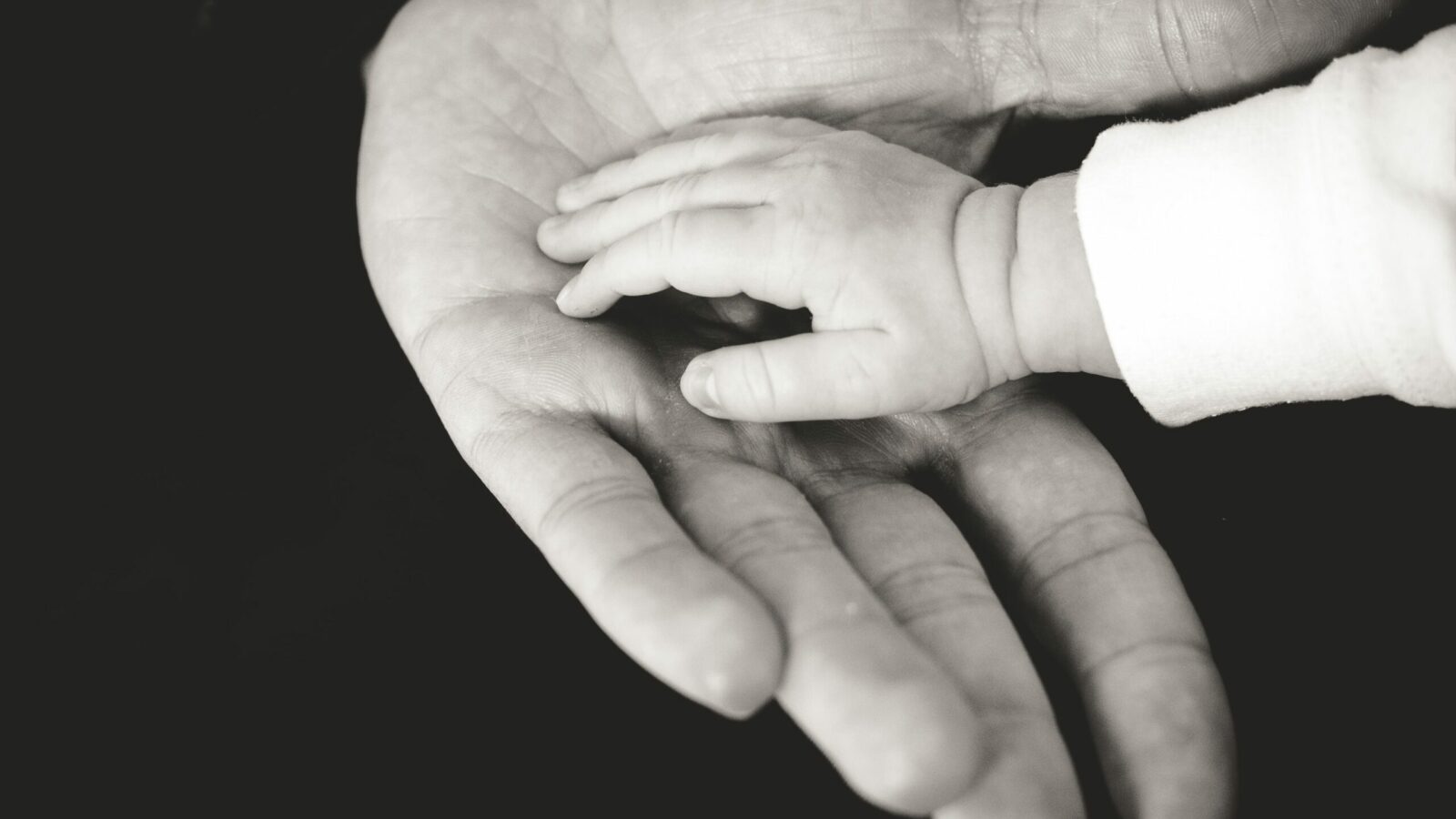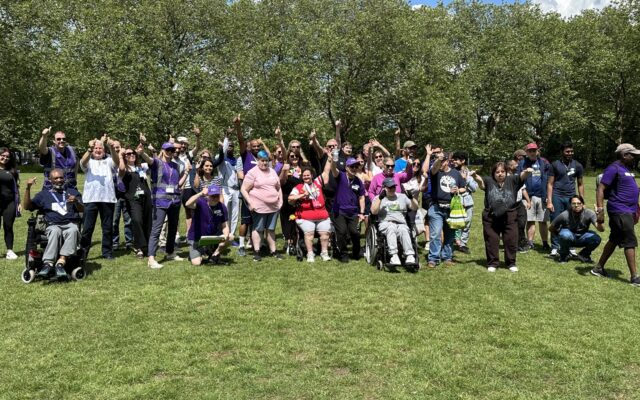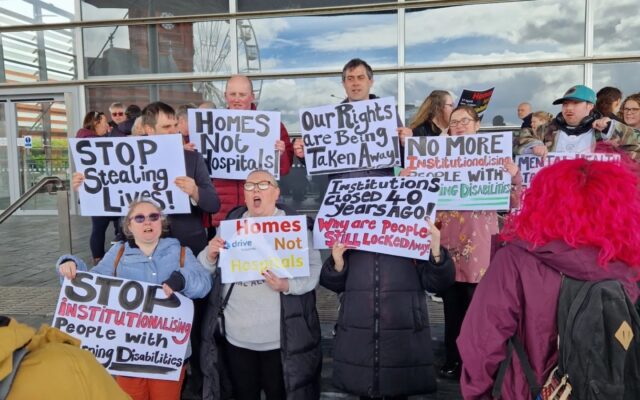Parents with learning disabilities have found life during lockdown particularly difficult, as the Elfrida Society Parents Project has seen. The need for specialist advocacy has become acute and child safety has been at the forefront.
Vulnerable parents labelled “not high-risk enough” have felt the effects of a deficit in sufficient and accessible support. During a time where this should have been recognised if not prioritised, we have seen parents labelled “neglectful” simply because they were unaware of the pandemic emergency provisions. Some have had children taken into care. For those with children in care, the untimely paradox of “contact” being non-sensory is imposing significant restrictions. This is especially traumatising for children with disabilities who rely on a sensory relationship with their parent.
In one case, a parent with two children (one with autism and one with asthma) had to shield but was insufficiently equipped. Without access to information on how to cope during the pandemic, the parent was unaware of simple
provisions such as food parcels and medication deliveries. A judge concluded that because of the difficulties the parent faced during the pandemic, the children were at risk of harm or neglect and temporary foster care was vital.
A consistent theme throughout our work is the lack of reasonable adjustments for parents, even when they need to be supported remotely.
Digital disadvantage
Pandemic shielding and lockdown requirements have brought to the forefront not only digital inequalities but also how disproportionately disadvantaged vulnerable sections of the community are, particularly people with learning disabilities. Socially and culturally, the effect of the pandemic will leave parents with disabilities at a significant disadvantage, with children left unsupported and parents pushed into crisis.
Their lack of access and ability to use technology to remain engaged with service providers, social networks and community support is damaging their social engagement and interactions. This is likely to result in mental and physical health problems, including agoraphobia symptoms as well as worsening emotional and physical wellbeing and anxieties.
This is extremely visible in our beneficiaries and employees with learning disabilities, and makes things very difficult for Elfrida, like-minded organisations and the communities we support. This is particularly so during this crisis and unprecedented challenges with regard to sustaining and facilitating remote service provision, active participation and social inclusion. We have had to maintain technological and financial sustainability as well as deal with crisis management pressures.
We do not know when the government will lift the lockdown, though some government officials and professionals are suggesting we may have to adapt to remote working for much longer.
Whatever happens, access to timely, accessible and appropriate advocacy, guidance and support will be crucial to level the playing field for people with disabilities across life spheres including education, independent living, employment, health, wellbeing, social inclusion and civic participation. It is clear we have a long way to go.
Ali F Jabeen is specialist advocate for the Elfrida Society Parents Project: www. elfrida.com/Parents_services.html





